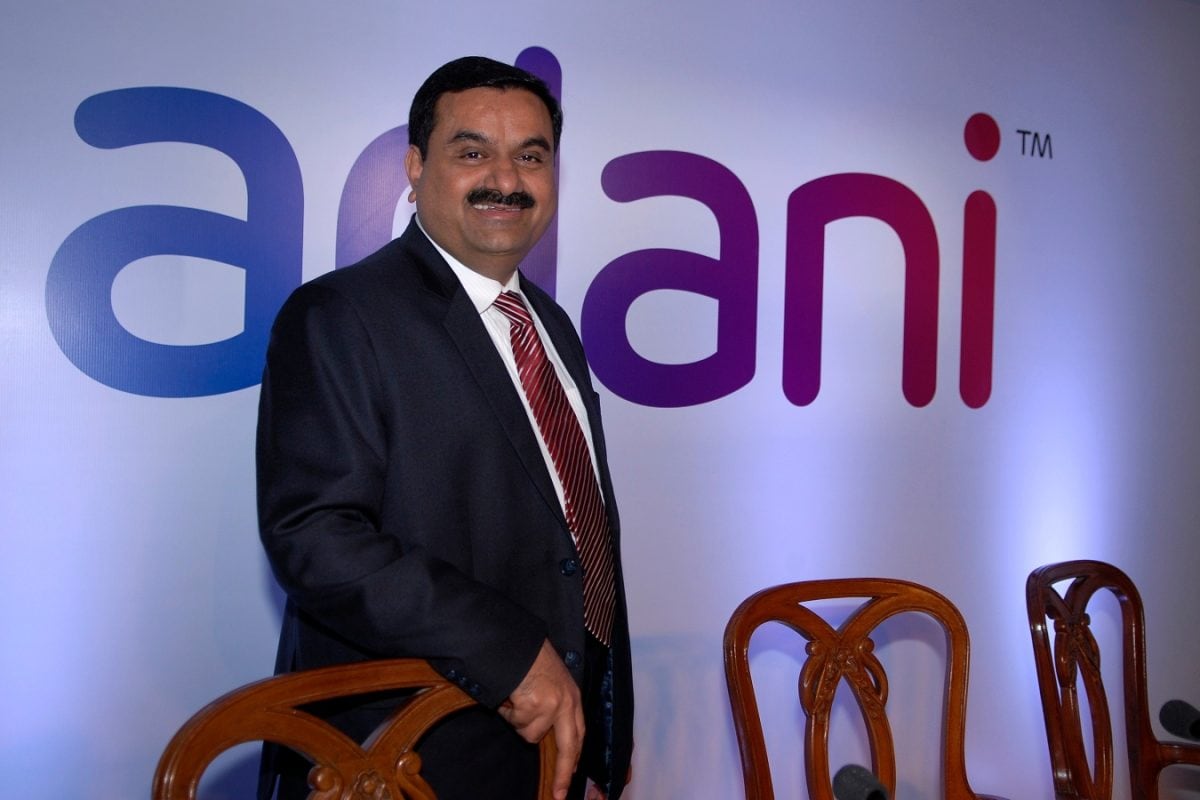

The Adani Group has refuted claims of a potential partnership with Chinese electric vehicle (EV) manufacturer BYD for battery production in India. The conglomerate described the reports suggesting a tie-up as "baseless, inaccurate, and misleading".
The denial follows a media report that stated the Adani Group was exploring a collaboration with BYD to manufacture batteries in India, as part of its expansion into the clean energy sector. The report also suggested that Gautam Adani, Chairman of the Adani Group, was personally involved in negotiations with BYD.
In a statement, an Adani Group spokesperson clarified that they are not exploring any form of collaboration with BYD for battery manufacturing in India. The group also denied engaging in discussions with Beijing Welion New Energy Technology for any kind of partnership.
The Adani Group is making significant investments in the renewable energy sector. They are reportedly planning a capital expenditure of nearly $100 billion over the next five years. The group's energy business includes thermal and renewable generation, transmission, distribution, and battery storage.
India's dependence on imports for key battery components like lithium, cobalt, and nickel raises concerns about supply chain vulnerabilities. China currently controls a significant portion of the global refining capacity for these materials. This dependence poses geopolitical risks, as highlighted by instances where export controls have delayed shipments to India.
The Indian government is promoting EV investment through Production Linked Incentive (PLI) schemes, offering capital subsidies and tariff exemptions. However, a significant percentage of components in India-China joint ventures still originate from China.
While a partnership with BYD could provide access to advanced battery technology, it could also deepen India's reliance on Chinese expertise. Some experts suggest diversifying strategies to balance short-term gains with long-term investments in domestic innovation.